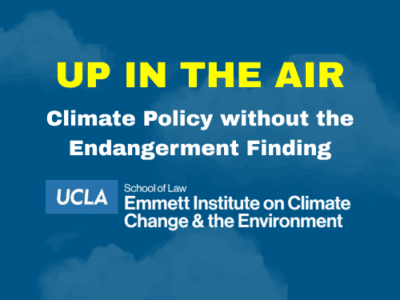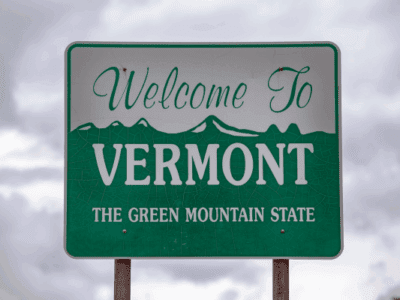Supersized Drinks, Social Welfare, and Liberty

Obesity is an environmental issue because the food system (from farm to table) uses a lot of energy and produces significant water pollution. More food equals a bigger environmental footprint. Sweetened soft drinks are a good example: they use corn sweetener, and corn production has a large footprint because so much fertilizer is required. There is a growing epidemic of obesity and of childhood obesity in particular.
The New Scientist has a very thoughtful review of the evidence regarding the connection between sweetened soft drinks and obesity. The evidence is mixed, but favors the existence of a link — especially if you exclude studies financed by the food industry or by researchers with other close ties to the industry. So there’s some reason to think that New York’s recent ban on supersized soft drinks may reduce obesity. That would be good for the environment, and good for the health of the individuals involved. However, it’s not a slam dunk in terms of proof of causation. [Update: Two days after my original post, the Washington Post reported a new Harvard study that seems to firm up the causation case considerably.]
What about personal liberty? It’s at least irksome for the government to tell us what size drink we can order, though I find it hard to believe that it strikes at the heart of personal freedom. (I guess that’s part of why I’m not a libertarian.) On the other hand, as New York’s mayor has pointed out, you can still drink just as much soda if you’re willing to order two drinks instead of one. And many of the consumers are probably minors whose liberty is more constrained, though one might argue that the government would do better to try to educate parents. Of course maybe this drink regulation is just the first step on a slippery slope, and eventually the government will force us all onto a diet of unseasoned tofu! Another reason I’m not a libertarian is that I think it’s a bit premature to worry about this possible slippery slope. ( As long as we’re making a list, a third reason is that, unlike a certain vice presidential candidate, I outgrew Ayn Rand’s pop version of Nietzsche in high school.)
Overall, New York’s effort strikes me as a useful experiment which could shed light on the causal link between sugary drinks and obesity. It would be nice, however, if some other jurisdiction would try an alternative instrument such as a tax on sugary soft drinks or some other market mechanisms, for comparison purposes.
Reader Comments
2 Replies to “Supersized Drinks, Social Welfare, and Liberty”
Comments are closed.







Two California cities are proposing soda taxes on the ballot this fall. http://news.yahoo.com/soda-tax-war-taking-shape-two-california-cities-053954733–sector.html (Although, the comparison won’t be a precise one, since the Richmond tax is a business tax on stores that carry sugary beverages, not a sales tax imposed directly on the soda itself.)
Two California cities are proposing soda taxes on the ballot this fall. http://news.yahoo.com/soda-tax-war-taking-shape-two-california-cities-053954733–sector.html (Although, the comparison won’t be a precise one, since the Richmond tax is a business tax on stores that carry sugary beverages, not a sales tax imposed directly on the soda itself.)